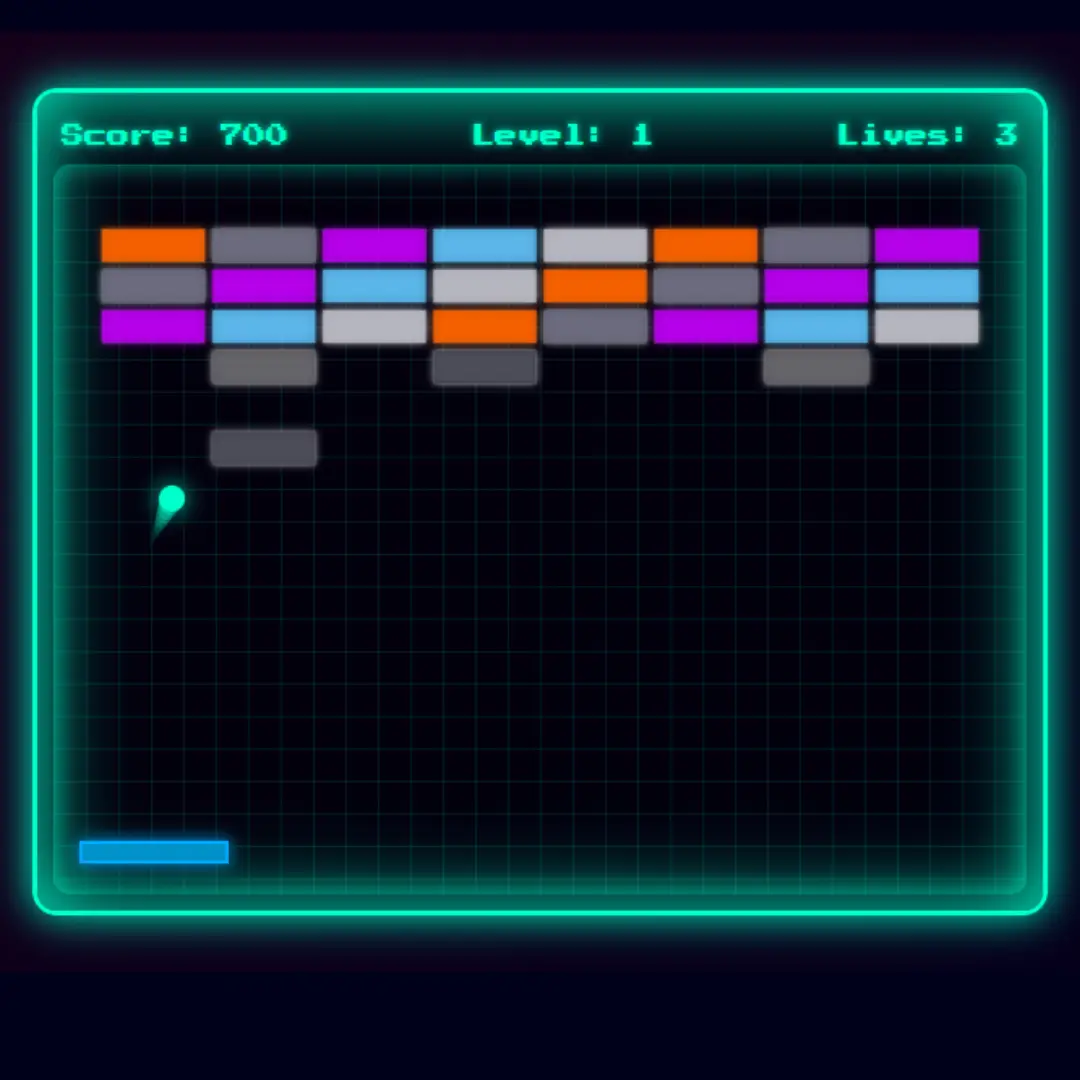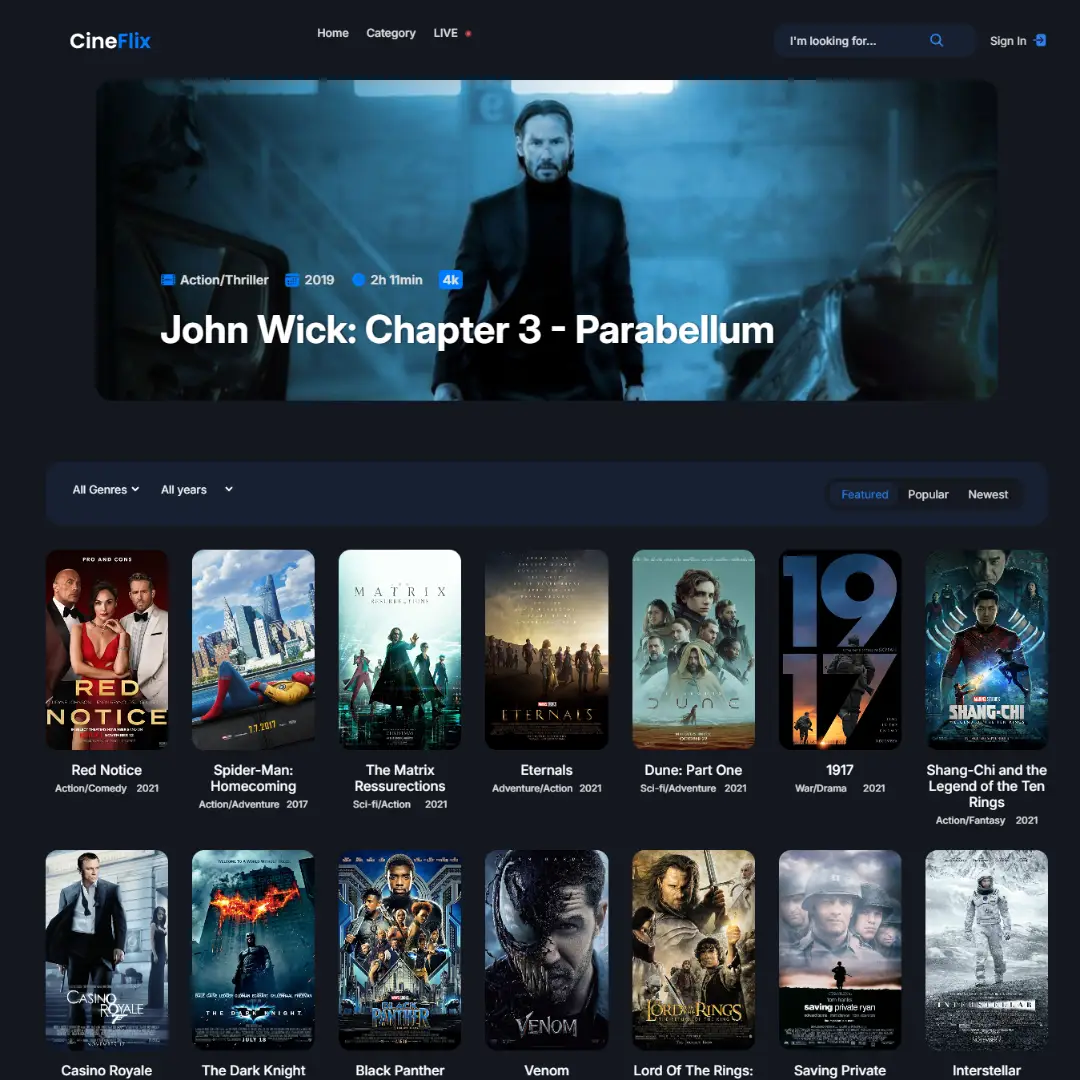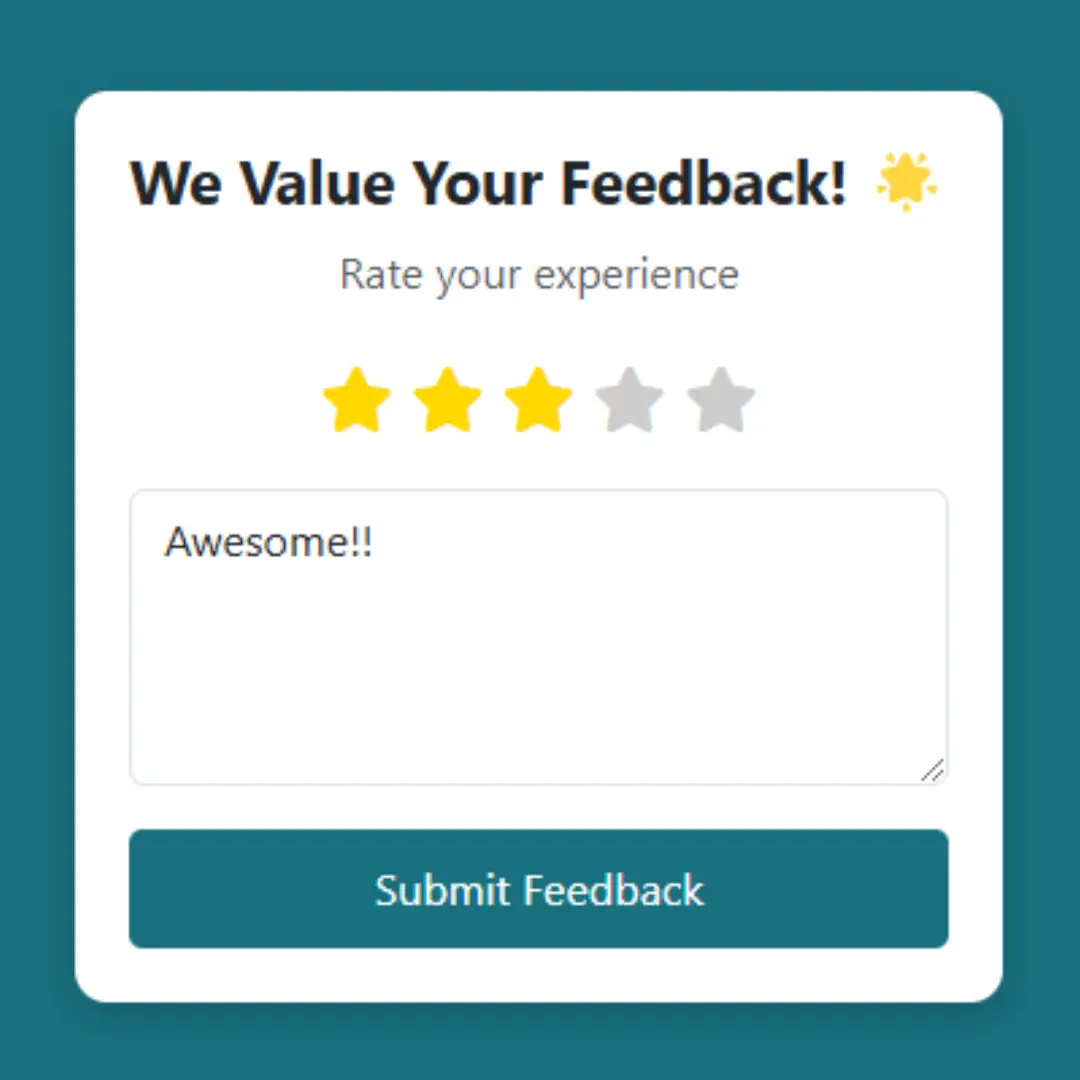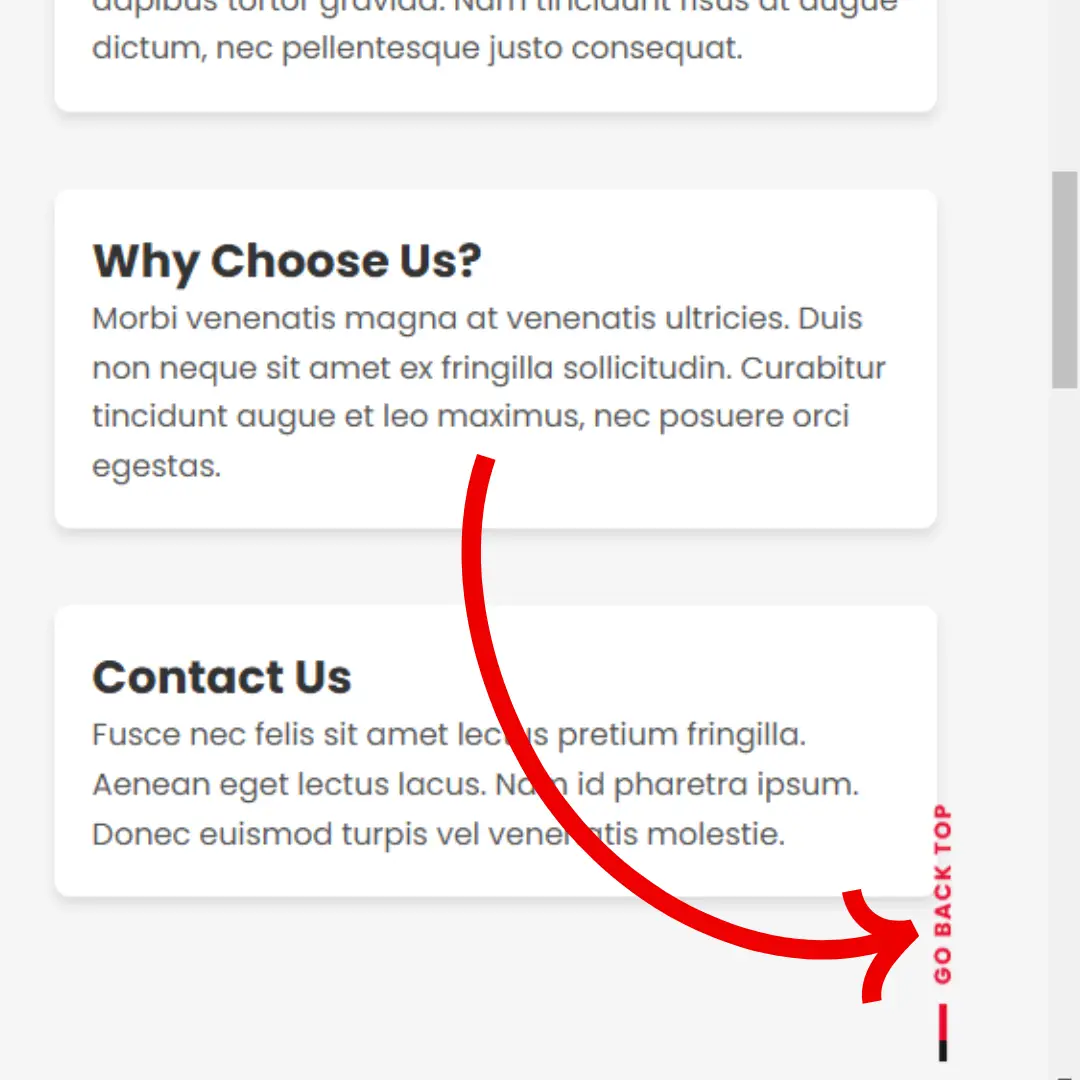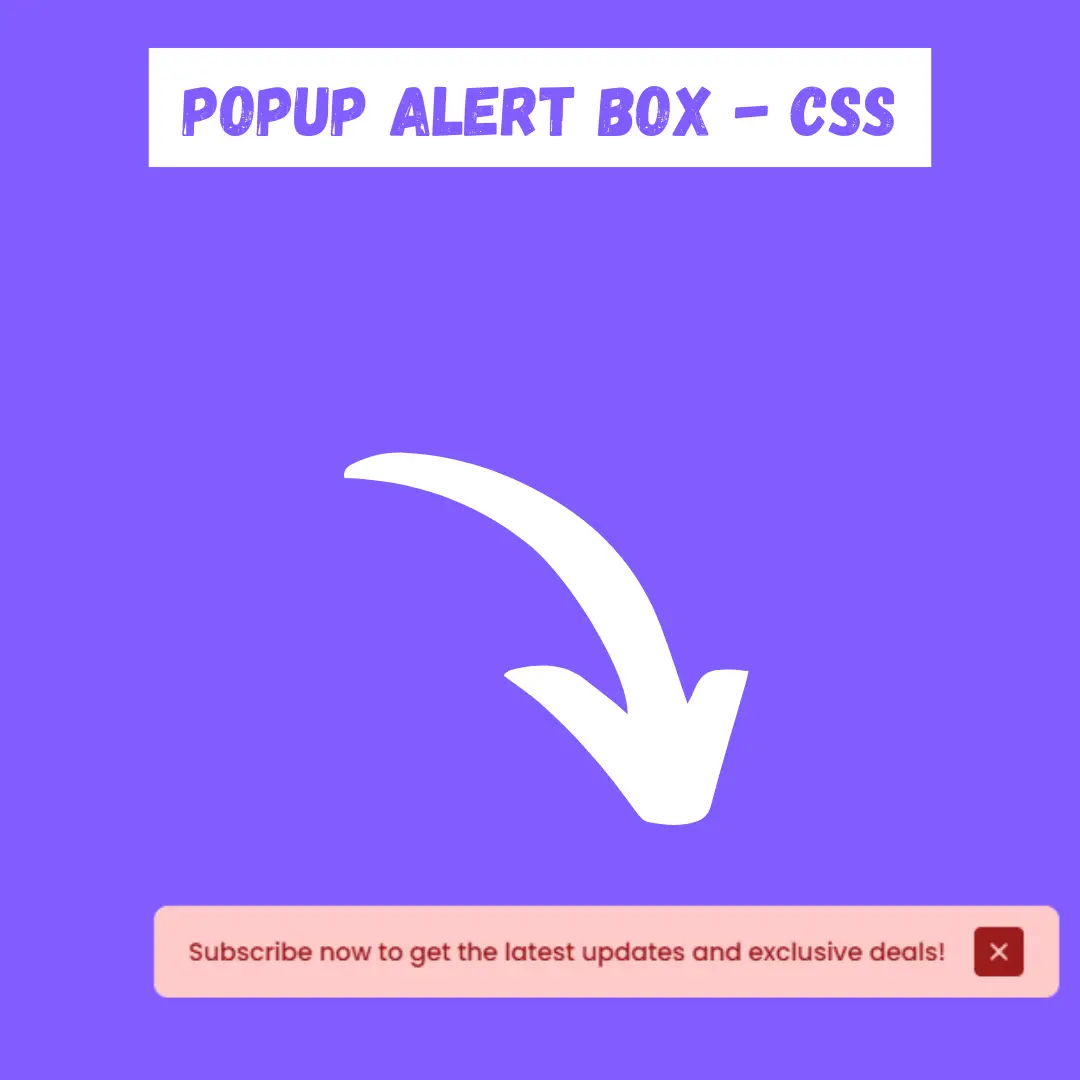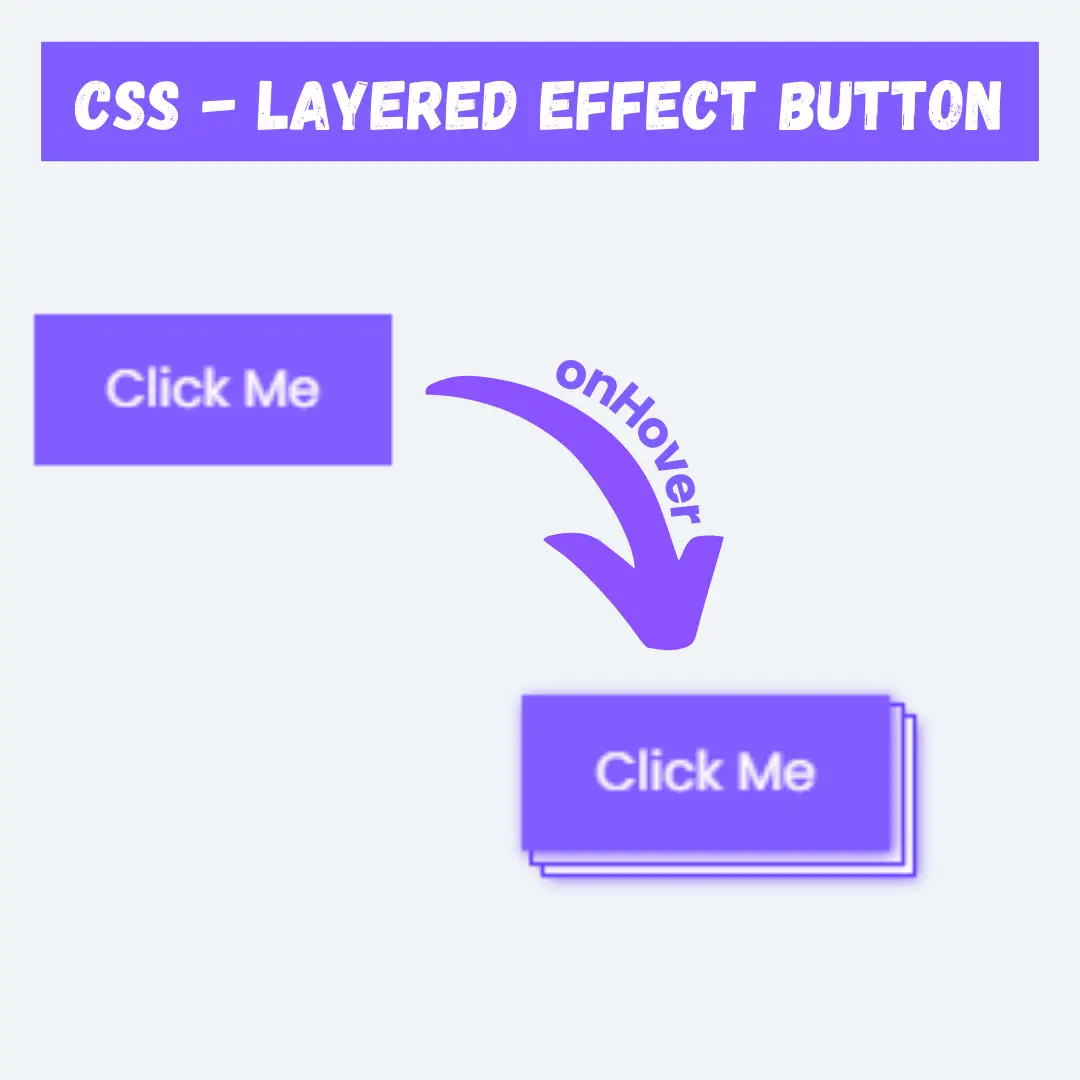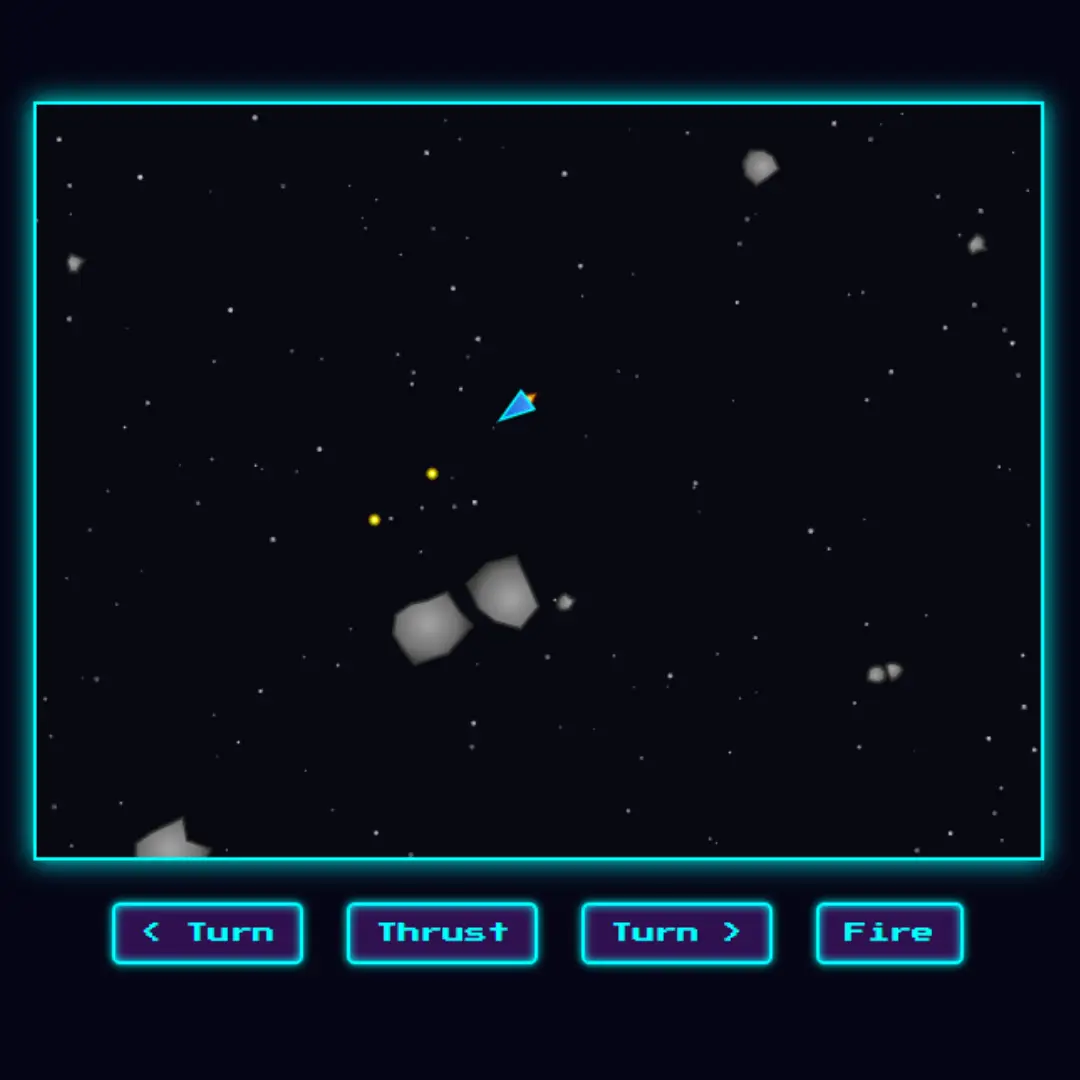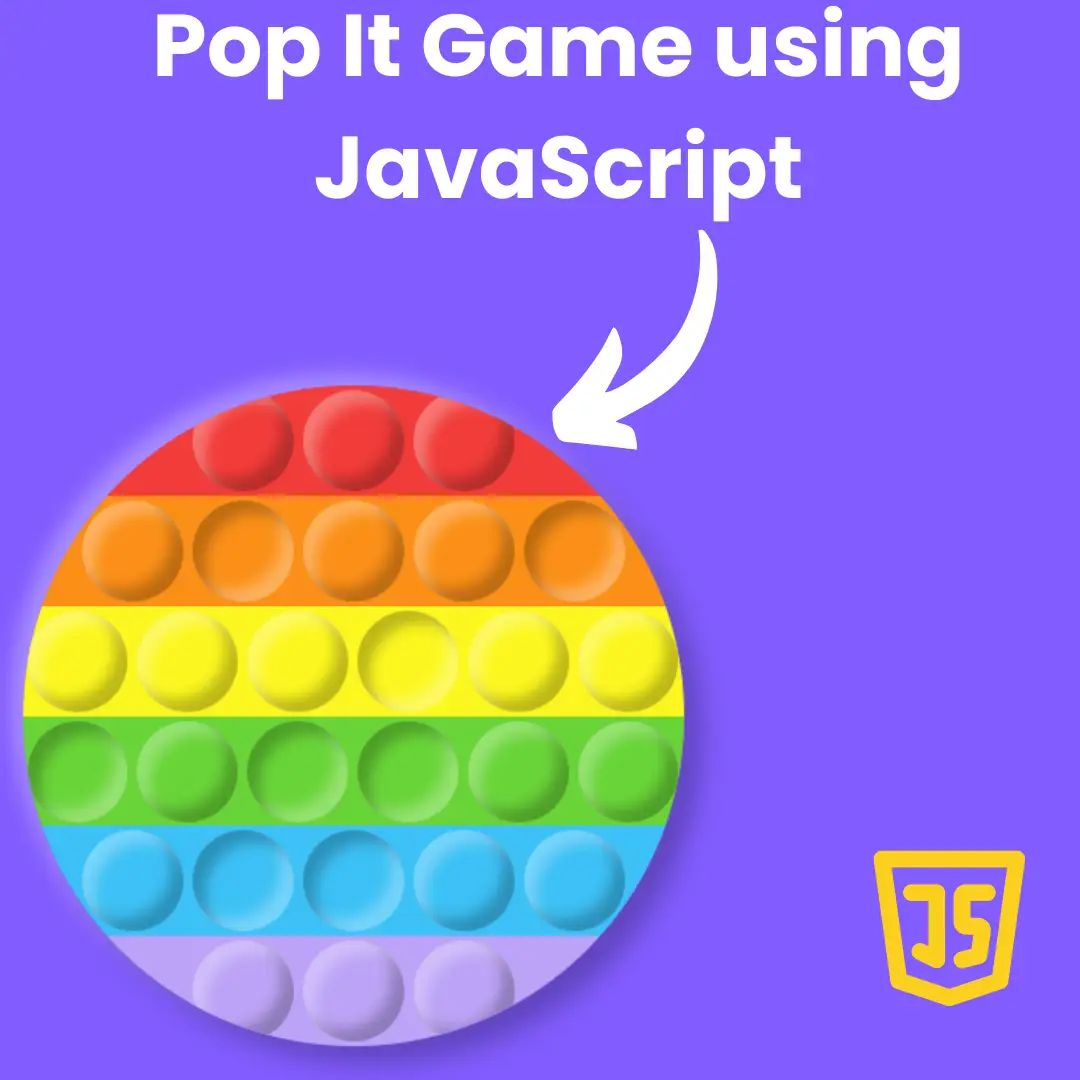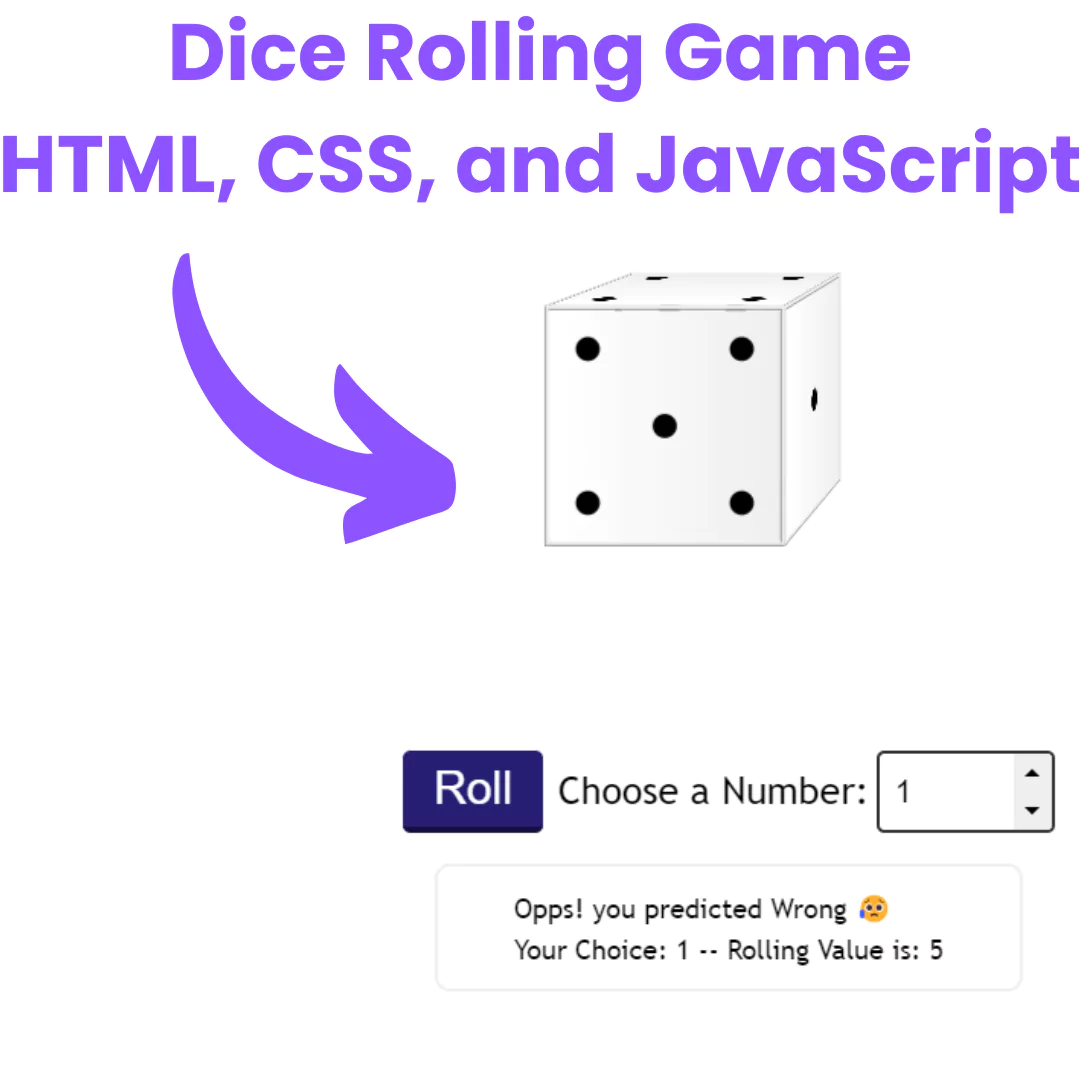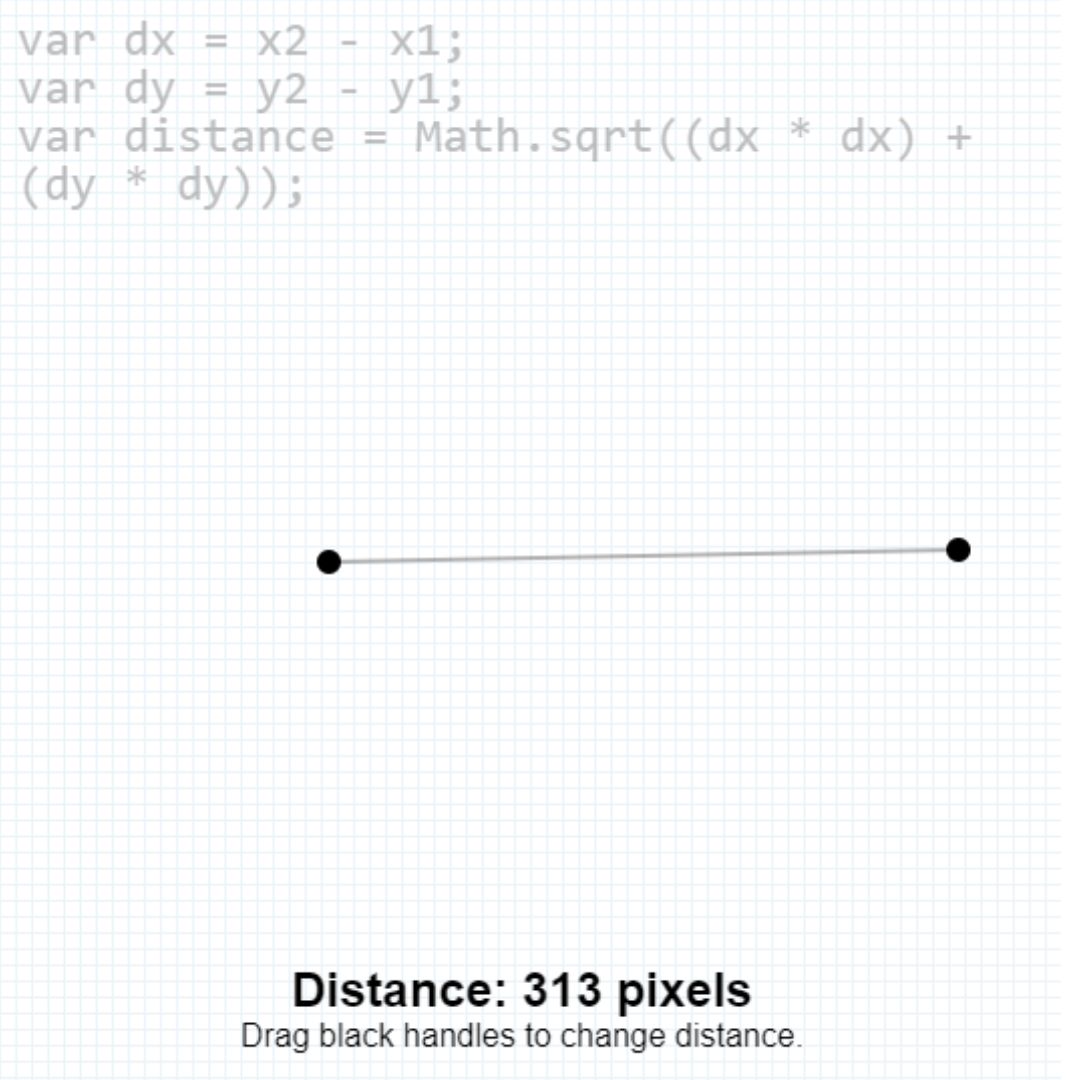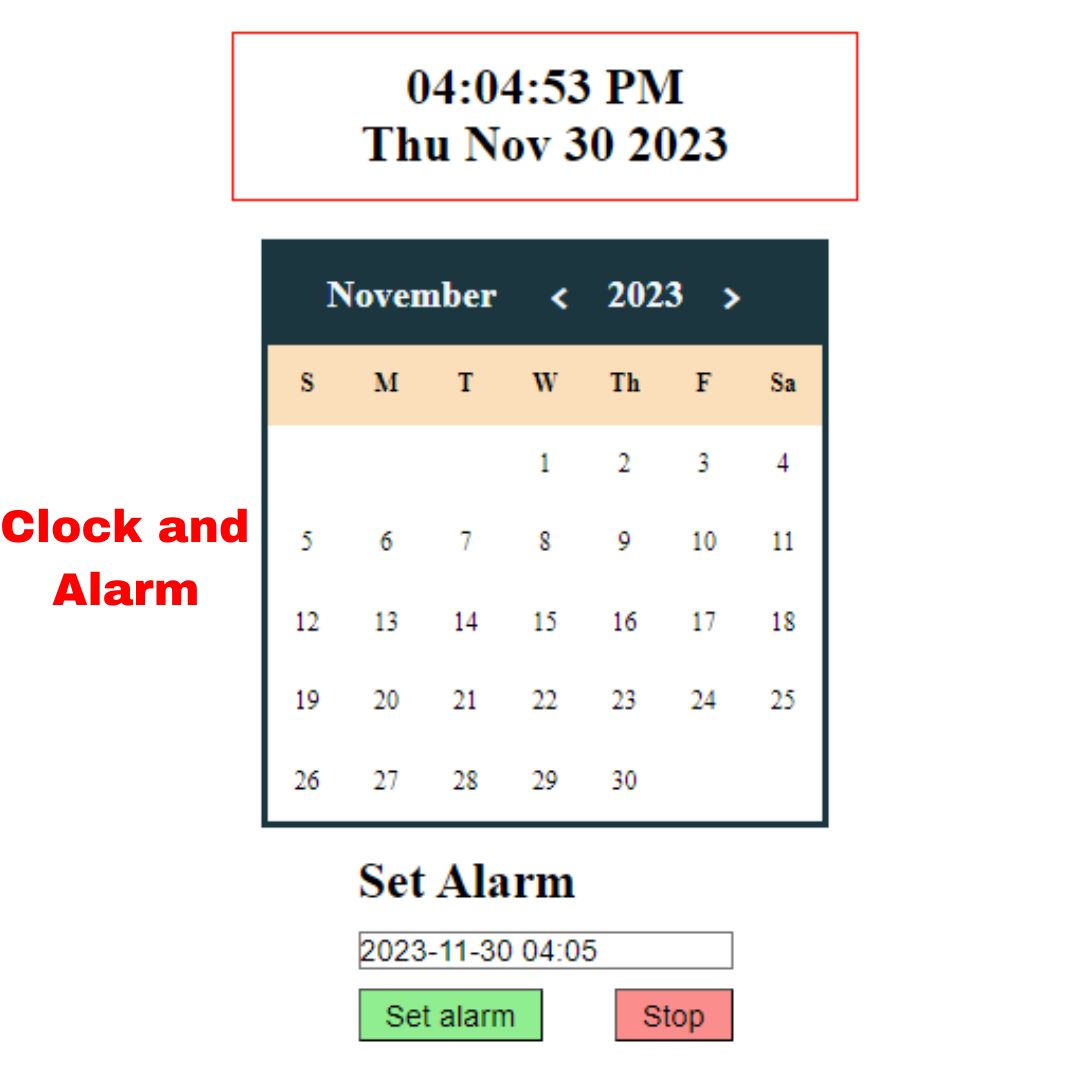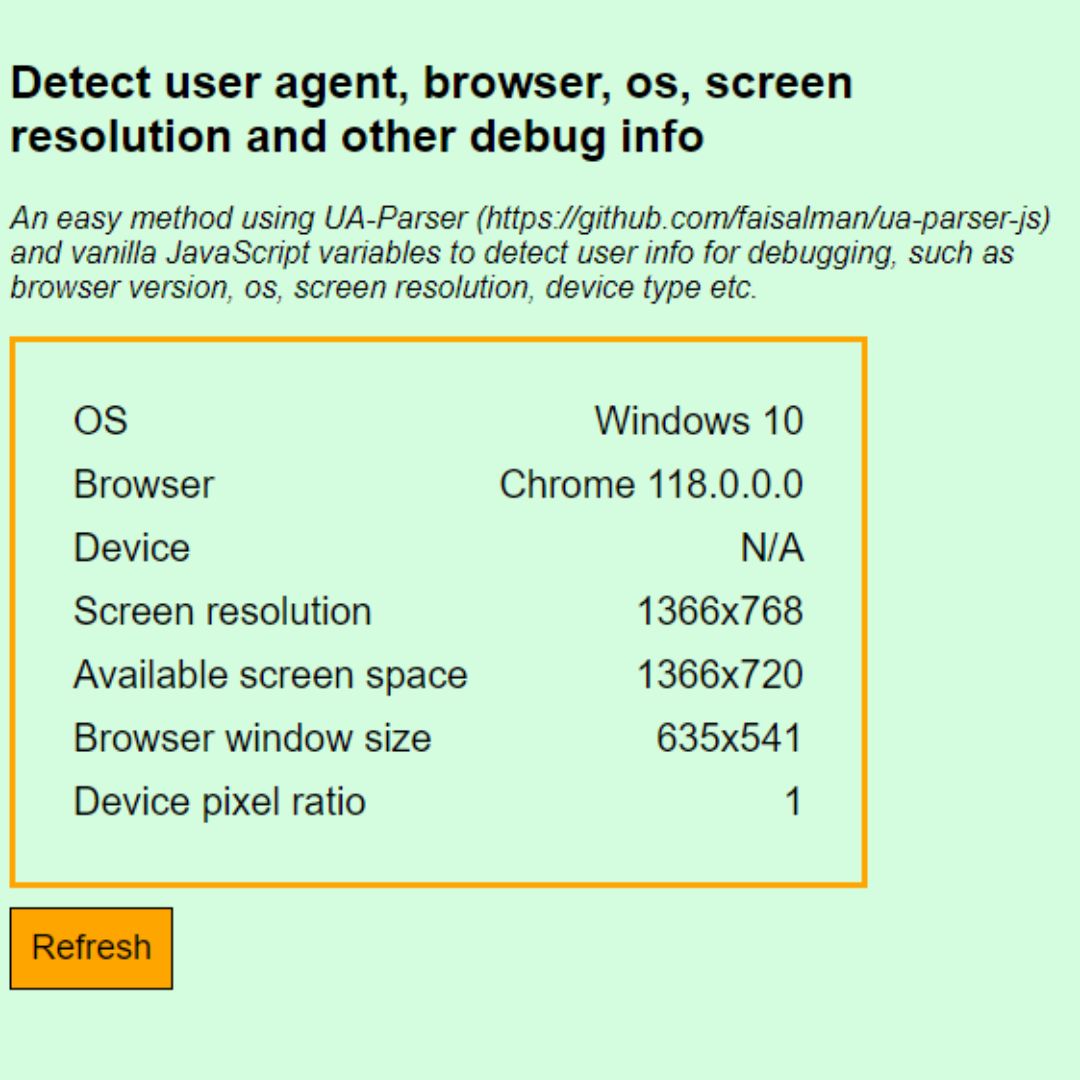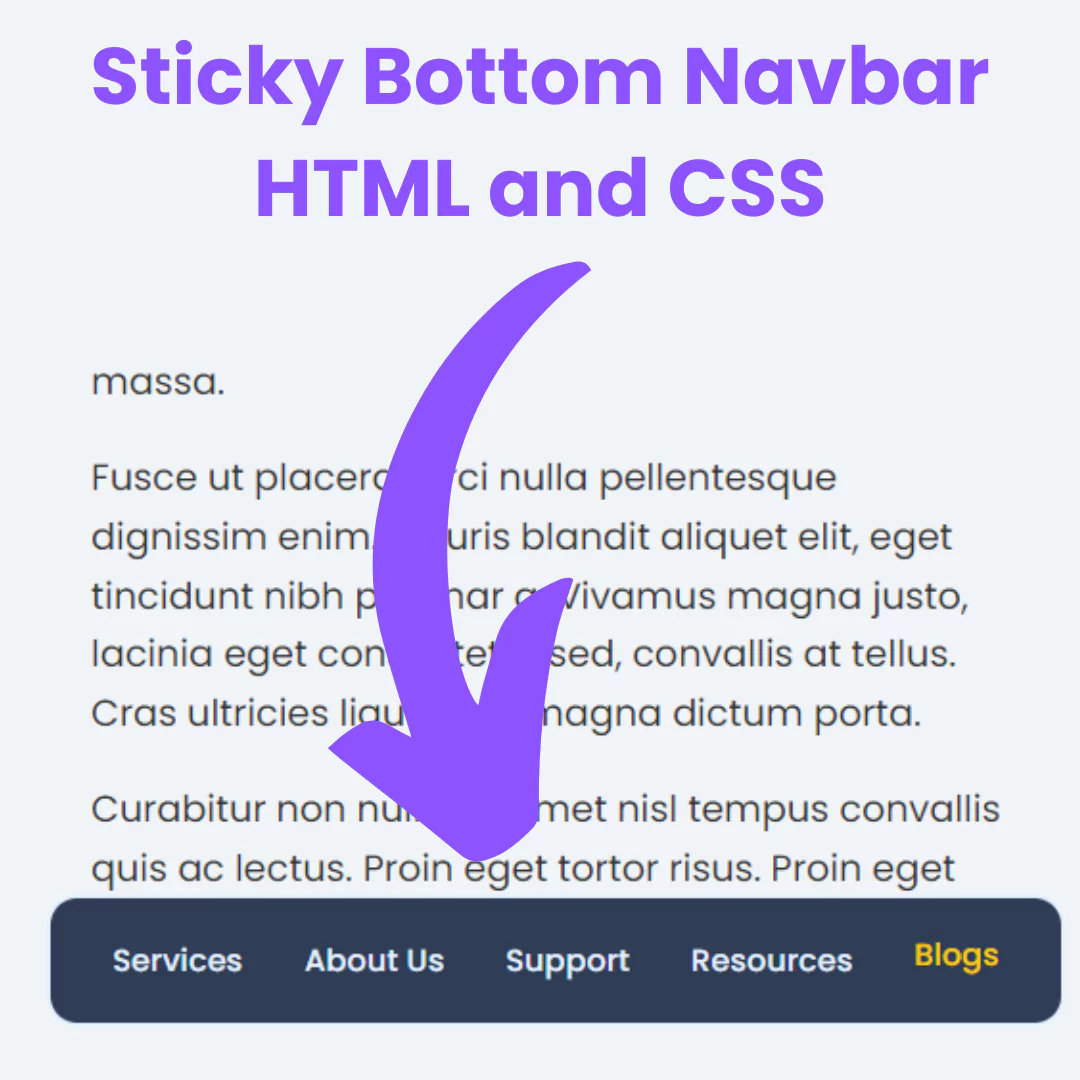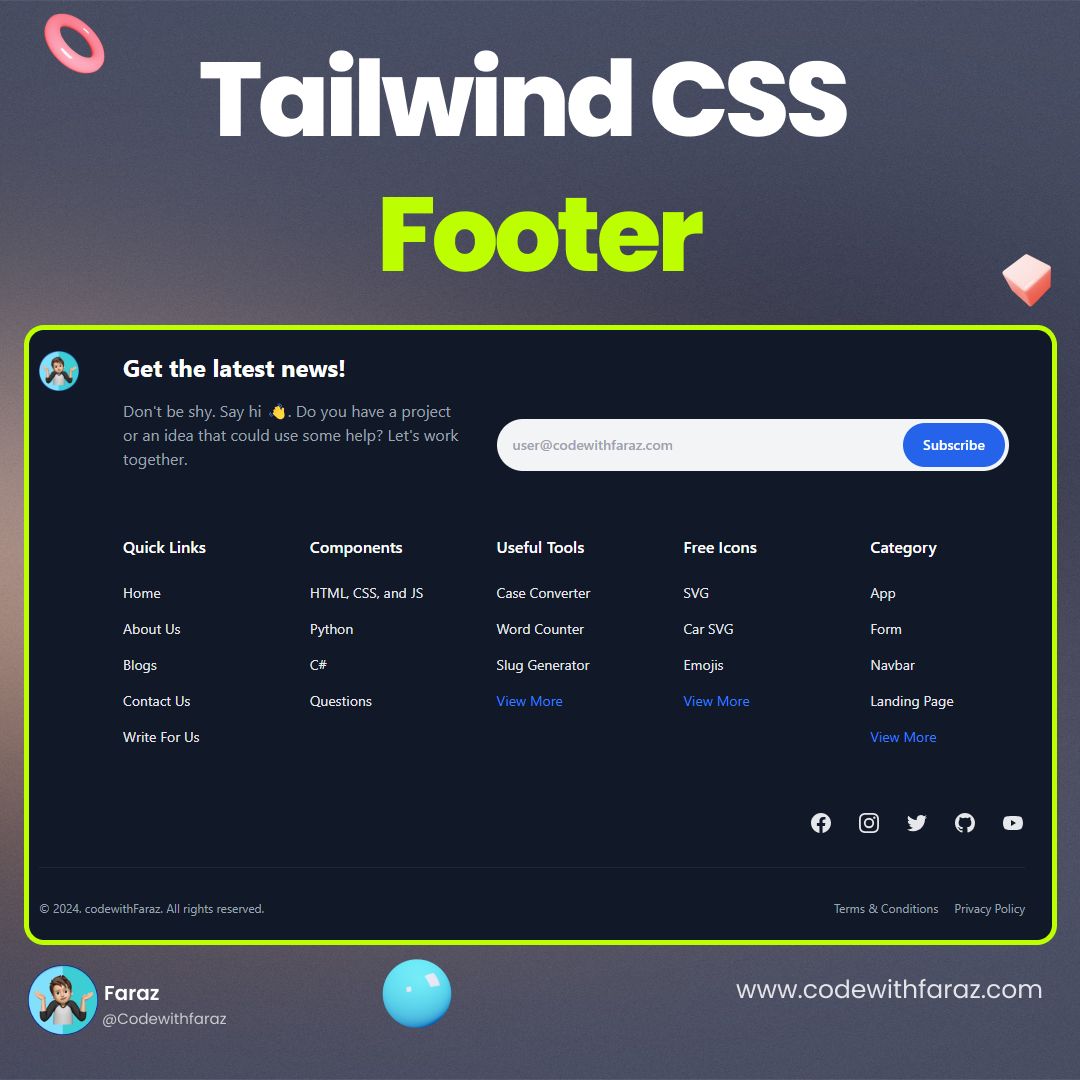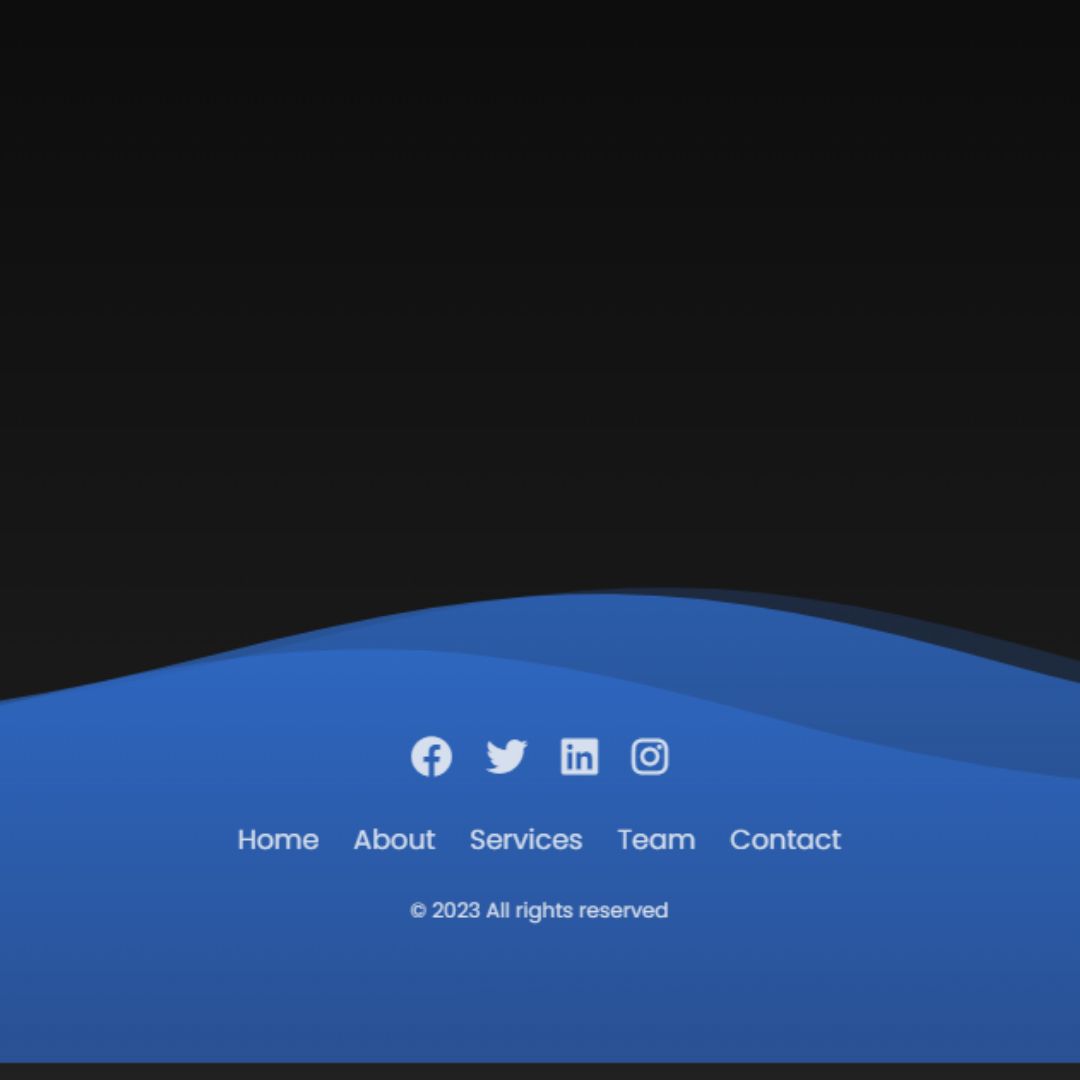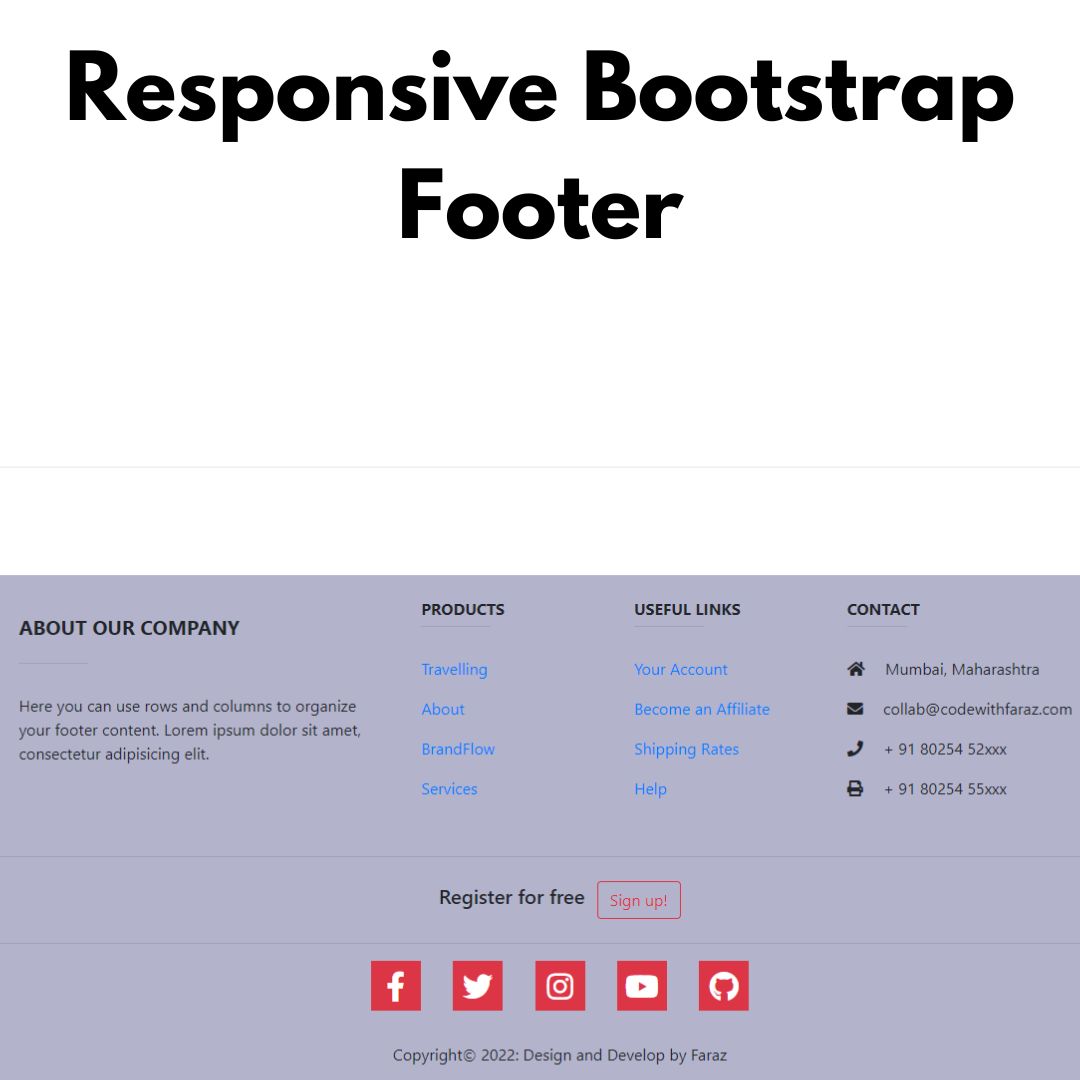Preparing for a PHP interview? Here are the top 20 most common PHP interview Questions and answers you need to know to impress your interviewer!

Introduction:
PHP is one of the most popular server-side scripting languages used for web development. If you're preparing for a PHP interview, it's essential to know the most common PHP interview Questions and answers that can help you stand out from the competition.
In this article, we'll cover the top 20 most common PHP interview Questions and answers you should know. We'll provide detailed explanations, examples, and tips to help you ace your next PHP interview.
So, let's get started!
Question 1: What is PHP, and what does it stand for?
PHP stands for Hypertext Preprocessor and is a popular server-side scripting language used for creating dynamic web pages. It is an open-source language that is free to use and is supported by a large community of developers.
Question 2: What are the differences between GET and POST methods in PHP?
Both GET and POST methods are used to send data from a web form to a server. The main difference is that GET sends data through the URL, while POST sends data through the HTTP request body. GET requests are less secure because data is visible in the URL and can be cached, while POST requests are more secure because data is not visible in the URL and cannot be cached.
Question 3: How can you prevent SQL injection attacks in PHP?
SQL injection attacks occur when a user inputs malicious code into a web form, which can then be used to access and manipulate a database. To prevent SQL injection attacks, PHP developers can use prepared statements or parameterized queries, which allow input data to be treated as data rather than code.
Question 4: What is the difference between echo and print statements in PHP?
Both echo and print statements are used to output data to the screen in PHP, but echo is faster and can output multiple values at once, while print can only output one value at a time and returns a value of 1.
Question 5: How can you debug PHP code?
PHP developers can use a variety of debugging tools, including error reporting, logging, and Xdebug, which allows for step-by-step debugging and can help identify errors and performance issues in code.
Question 6: What is the difference between include() and require() in PHP?
Both include and require statements are used to include PHP files into another PHP file, but require will generate a fatal error if the file cannot be included, while include will only generate a warning.
Question 7: How can you set and get cookies in PHP?
Cookies are used to store information on a user's computer, such as login credentials or preferences. In PHP, developers can use the setcookie() function to set a cookie and the $_COOKIE superglobal variable to get a cookie.
Question 8: What is the use of the isset() function in PHP?
The isset() function in PHP is used to determine whether a variable is set and not NULL. This can be useful for avoiding undefined variable errors and for validating user input.
Question 9: How can you upload files in PHP?
To upload files in PHP, developers can use the $_FILES superglobal variable and move_uploaded_file() function to move the uploaded file to a designated directory. It's important to validate file type and size to prevent security issues and performance problems.
Question 10: What is a session in PHP, and how does it work?
A session is a way to store information across multiple pages or visits to a website. When a user logs in, a unique session ID is created, which is used to track the user's activity on the site. Session data is stored on the server and can be accessed by any script that is part of the session.
Question 11: What is the difference between session and cookie in PHP?
Both sessions and cookies are used to store information about a user, but sessions store data on the server and use a session ID to identify the user, while cookies store data on the user's computer and can be accessed by both the client and server.
Question 12: What is the difference between explode and implode functions in PHP?
Explode is used to split a string into an array, while implode is used to join an array into a string. Explode takes two arguments, the delimiter, and the string to be split, while implode takes two arguments, the glue, and the array to be joined.
Question 13: What is a PDO in PHP, and what is it used for?
PDO stands for PHP Data Objects and is a database access layer that provides a consistent interface for accessing various databases. It supports a wide range of databases, including MySQL, PostgreSQL, and SQLite, among others.
Question 14: What is object-oriented programming in PHP?
Object-oriented programming (OOP) is a programming paradigm that is based on the concept of objects, which can contain data and functions. In PHP, OOP is used to create reusable code, simplify complex programs, and make code more maintainable.
Question 15: What is a PHP framework, and what is it used for?
A PHP framework is a collection of libraries, tools, and conventions that provide a structure for developing web applications. It can be used to speed up development, improve code quality, and make it easier to maintain and scale applications.
Question 16: What is the difference between single-quoted and double-quoted strings in PHP?
Single-quoted strings are treated as plain text, while double-quoted strings allow the use of escape characters and variable substitution. Double-quoted strings are slower than single-quoted strings.
Question 17: What is the difference between mysqli and PDO in PHP?
Both mysqli and PDO are used to connect to a database in PHP. The difference is that mysqli is specific to MySQL databases, while PDO is database-independent and supports multiple databases.
Question 18: What is an abstract class in PHP?
An abstract class is a class that cannot be instantiated but can be used as a base class for other classes. It contains abstract methods, which are defined in the child class.
Question 19: What is an array in PHP?
An array is a data structure used to store multiple values in a single variable. In PHP, arrays can hold different types of data and can be indexed numerically or associatively.
Question 20: What is the difference between == and === operators in PHP?
The == operator compares the values of two variables, while the === operator compares the values and the data types of the variables.
Conclusion:
Preparing for a PHP interview can be challenging, but with the right preparation, you can impress your interviewer and land your dream job. In this article, we covered the top 10 most common PHP interview Questions and answers you should know. We provided detailed explanations, examples, and tips to help you ace your next PHP interview.
Remember, it's not just about knowing the answers to these Questions but also about understanding the concepts behind them. So, make sure to practice coding and test your knowledge to become a confident PHP developer. Good luck!
That’s a wrap!
Thank you for taking the time to read this article! I hope you found it informative and enjoyable. If you did, please consider sharing it with your friends and followers. Your support helps me continue creating content like this.
Stay updated with our latest content by signing up for our email newsletter! Be the first to know about new articles and exciting updates directly in your inbox. Don't miss out—subscribe today!
If you'd like to support my work directly, you can buy me a coffee . Your generosity is greatly appreciated and helps me keep bringing you high-quality articles.
Thanks!
Faraz 😊


